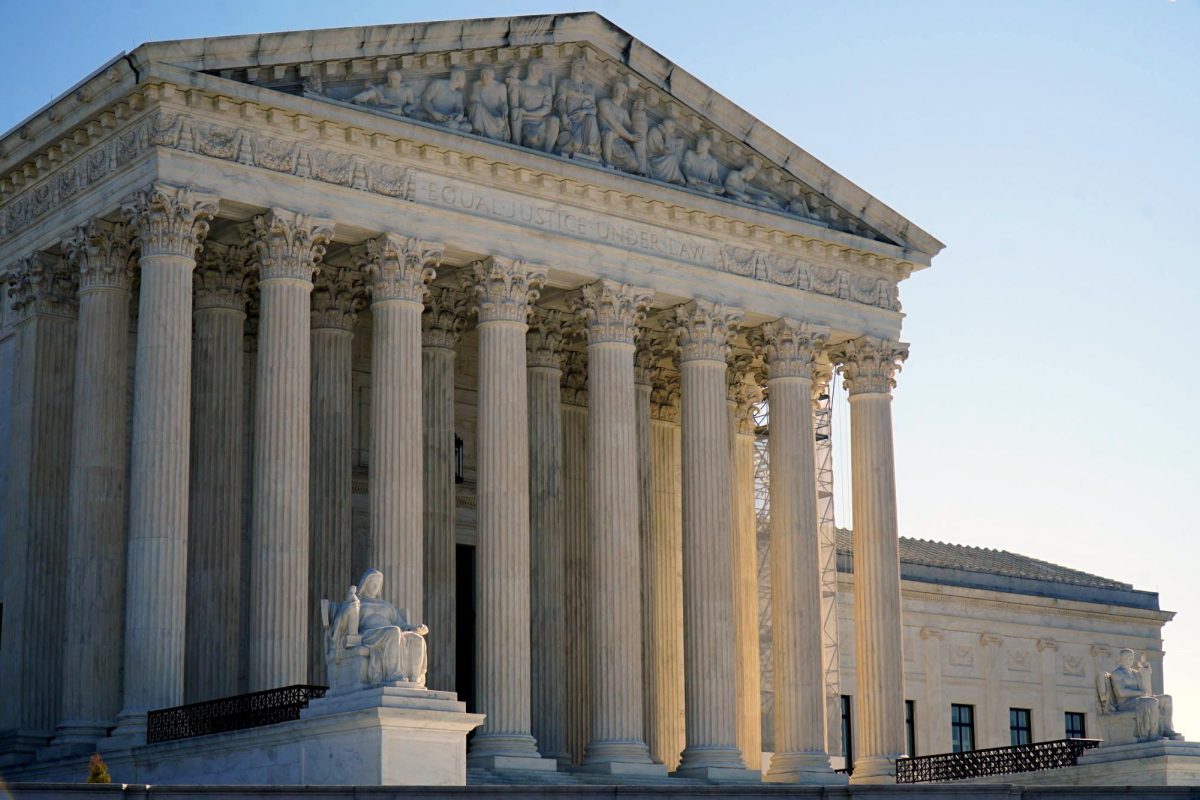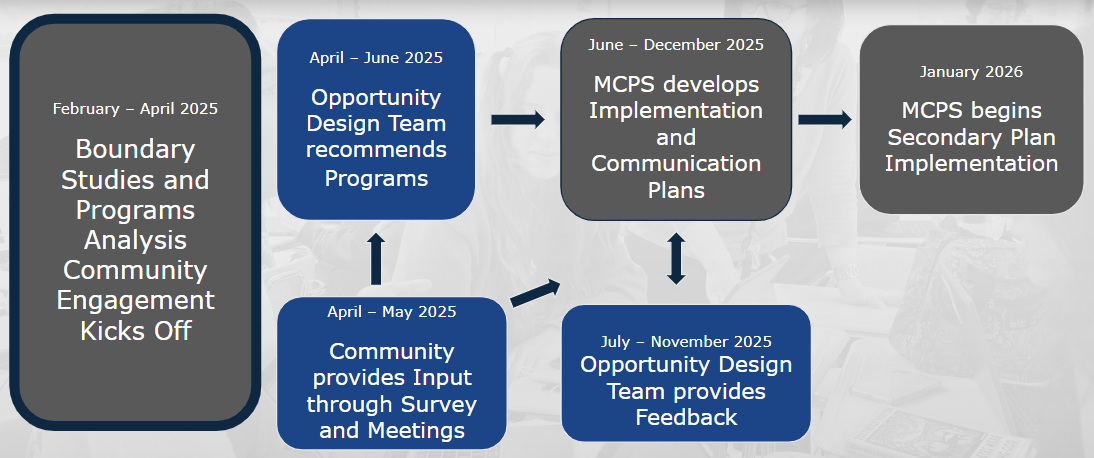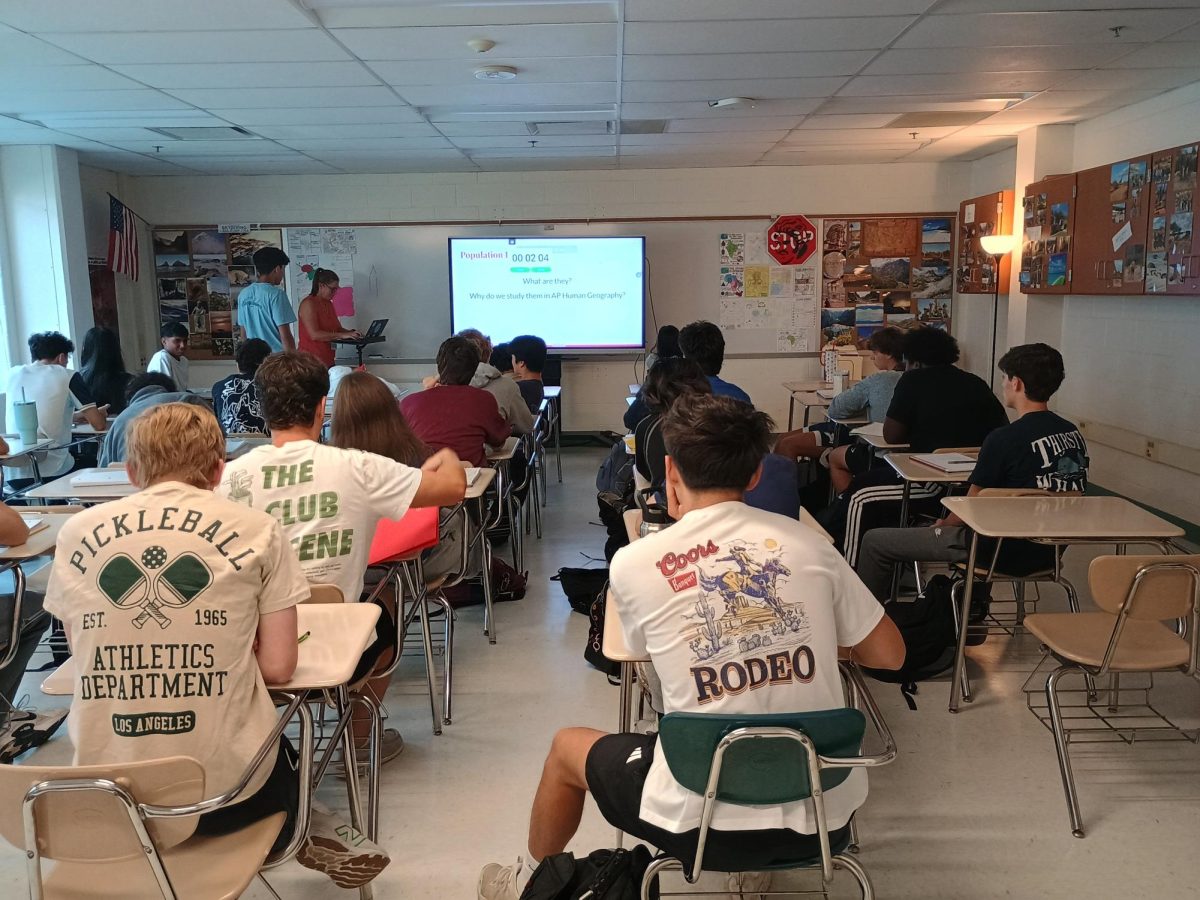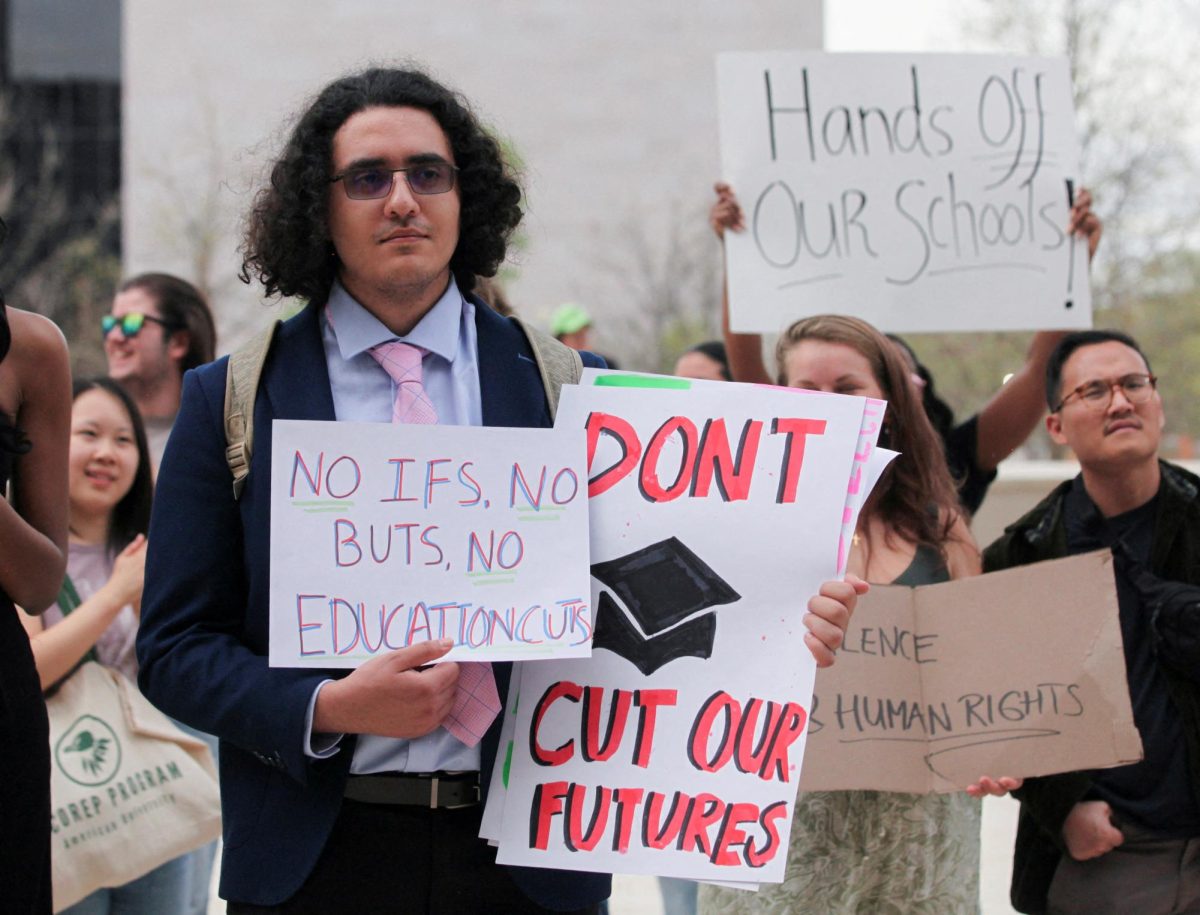The U.S. Supreme Court agreed to hear the case Mahmoud v. Taylor in an order released Friday, Jan. 17.
The lawsuit alleges that the Montgomery County Public Schools (MCPS) curriculum is unconstitutional in using LGBTQ+ books for it’s K-5 curriculum without an option for parental opt-out.
The six parents, represented by the Becket Fund for Religious Liberty, argued that the lack of an opt-out option, such as the one available in health classes for the Family Life & Human Sexuality units, violates the First Amendment’s free exercise clause.
“These parents believe the new storybooks are age-inappropriate, spiritually and emotionally damaging for their kids, and inconsistent with their beliefs,” the group said in a press release Friday.
The group also took issue with the young age of the students that were learning with the books. For example, one book titled “Pride Puppy,” an A-to-Z book about a puppy getting lost at a pride parade, was approved for use in pre-kindergarten and kindergarten classes, which includes some students as young as three years old.
As MCPS put it, the books are “everyday tales of characters who experience adventure, confront new emotions, and struggle to make themselves heard.” Becket, however, represented by senior counsel and Vice President Eric Baxter, took a different stance.
“Cramming down controversial gender ideology on three-year-olds without their parents’ permission is an affront to our nation’s traditions, parental rights, and basic human decency,” Baxter said in the press release.
The case revolves around a set of six books approved for MCPS’ K-5 curriculum in October 2022, with one added for each grade. After originally offering opt-out to parents, in March 2023, MCPS reversed course and notified parents that they would no longer be able to opt out of the books, which prompted the lawsuit.
Led by parent Tahmer Mahmoud, the group of parents sued MCPS, the Board of Education and Superintendent Dr. Thomas Taylor in May 2023 in the District Court of Maryland. When Judge Deborah L. Boardman denied an injunction, the group appealed to the Fourth Circuit Court of Appeals where they lost in a 2-1 decision.
The parents are of Muslim, Roman Catholic and Ukrainian Orthodox faiths, and the case has garnered support through “friend of the court” briefs from Christian, Jewish and Islamic groups.
For WJ students of faith, the issue is a delicate one, as they see a need for balance.
“Judaism is very interpretive and different by practice, and with someone like my grandfather, who is an orthodox Rabbi, there could be conflict depending on the curriculum,” senior and Jewish Student Union member Dylan Himelfarb said. “In my eyes, I think that respecting everyone needs to be inclusive of all religions, not just my own, and at least provide parents with a choice regarding kids still in elementary school.”
MCPS, represented in the case by Alan Schoenfeld of the law firm WilmerHale, does not comment on pending litigation. However, when the district court first denied a preliminary injunction in August 2023, the school district issued a statement doubling down on its commitment to inclusive books.
“MCPS remains committed to cultivating an inclusive and welcoming learning environment and creating opportunities where all students see themselves and their families in curriculum materials,” the district said at the time.
The district argued that mere exposure to the books was not enough to burden the parents’ First Amendment right and claimed that there was no “evidence that the parents or their children were coerced to change their beliefs or act contrary to their religious faith,” in their response brief filed with the court.
The parents petitioned for a writ of certiorari to the Supreme Court in September. A writ of certiorari allows the court to review the lower court’s decision and possibly overturn it. Only about 3% of cert petitions that the Supreme Court receives each year are granted.
The Supreme Court will be the final arbiter on the constitutionality of the policy, impacting school districts across the nation. A date for oral arguments has not been set, but will likely be sometime this spring. It will be the first time MCPS has appeared before the Supreme Court since the 2005 case Schaffer v. Weast.










